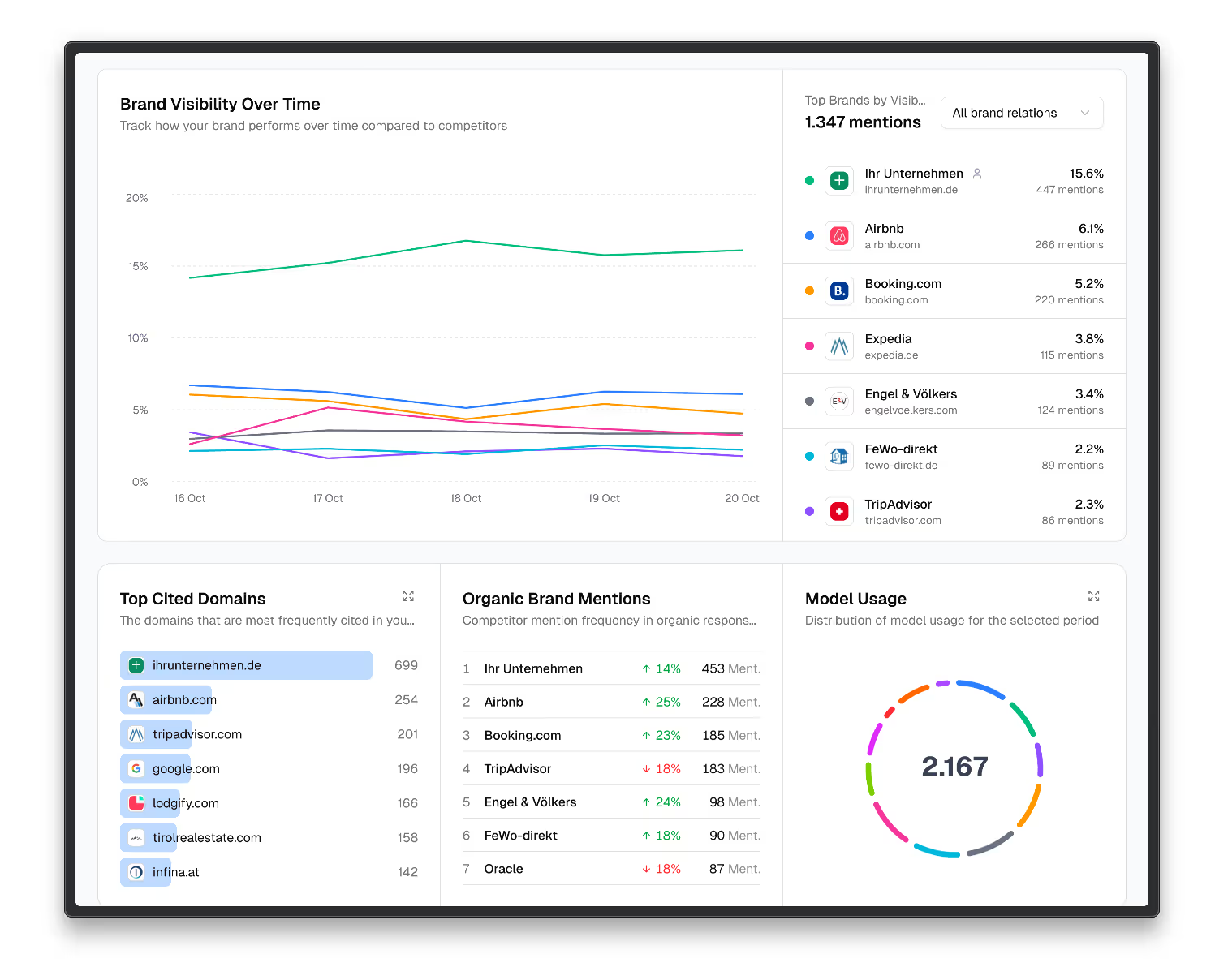Was bedeutet Skalierbarkeit einer Website?
Skalierbarkeit, auch als "Skalierbarkeit von Systemen" oder "Skalierbarkeit von Anwendungen" bezeichnet, bezieht sich auf die Fähigkeit eines Systems, einer Anwendung oder einer Infrastruktur, sich an steigende Anforderungen anzupassen, ohne dass die Leistung oder Funktionalität beeinträchtigt wird. Eine skalierbare Lösung sollte in der Lage sein, sowohl horizontal als auch vertikal zu wachsen, um mehr Ressourcen oder Nutzer zu unterstützen, wenn die Nachfrage steigt.
Es gibt zwei grundlegende Arten der Skalierbarkeit:
- Horizontale Skalierbarkeit (Scale-Out): Bei horizontaler Skalierbarkeit wird die Leistungsfähigkeit des Systems durch Hinzufügen zusätzlicher Instanzen oder Server erweitert. Dies kann bedeuten, dass neue Server oder Knoten in ein bestehendes Cluster aufgenommen werden, um die Last zu verteilen. Dies ist besonders nützlich in Cloud-Umgebungen, in denen Ressourcen nach Bedarf hinzugefügt werden können.
- Vertikale Skalierbarkeit (Scale-Up): Bei vertikaler Skalierbarkeit wird die Leistungsfähigkeit eines einzelnen Servers oder einer Instanz durch das Hinzufügen von Ressourcen wie Prozessoren, Speicher oder Bandbreite erhöht. Dies wird oft als "Upgraden" eines Servers bezeichnet. Vertikale Skalierbarkeit kann teurer sein als die horizontale Skalierbarkeit, da leistungsstärkere Hardware erworben werden muss.
Die Skalierbarkeit ist von entscheidender Bedeutung, um sicherzustellen, dass Systeme und Anwendungen mit steigenden Anforderungen Schritt halten können, sei es in Bezug auf die Anzahl der Benutzer, die Datenverarbeitung oder die Belastung. Sie spielt eine Schlüsselrolle in Bereichen wie Webanwendungen, Cloud-Computing, E-Commerce-Plattformen und großen Datenbanken.
Die Planung und Umsetzung von Skalierbarkeit erfordert oft eine sorgfältige Architektur, um Engpässe und Leistungsprobleme zu vermeiden. Dies kann das Implementieren von Lastenausgleichern, die Verwendung von Caching-Mechanismen und die Optimierung von Datenbankabfragen umfassen. Skalierbare Systeme sollten auch in der Lage sein, automatisch auf Schwankungen in der Nachfrage zu reagieren, um eine kontinuierliche Verfügbarkeit und Leistung sicherzustellen.
